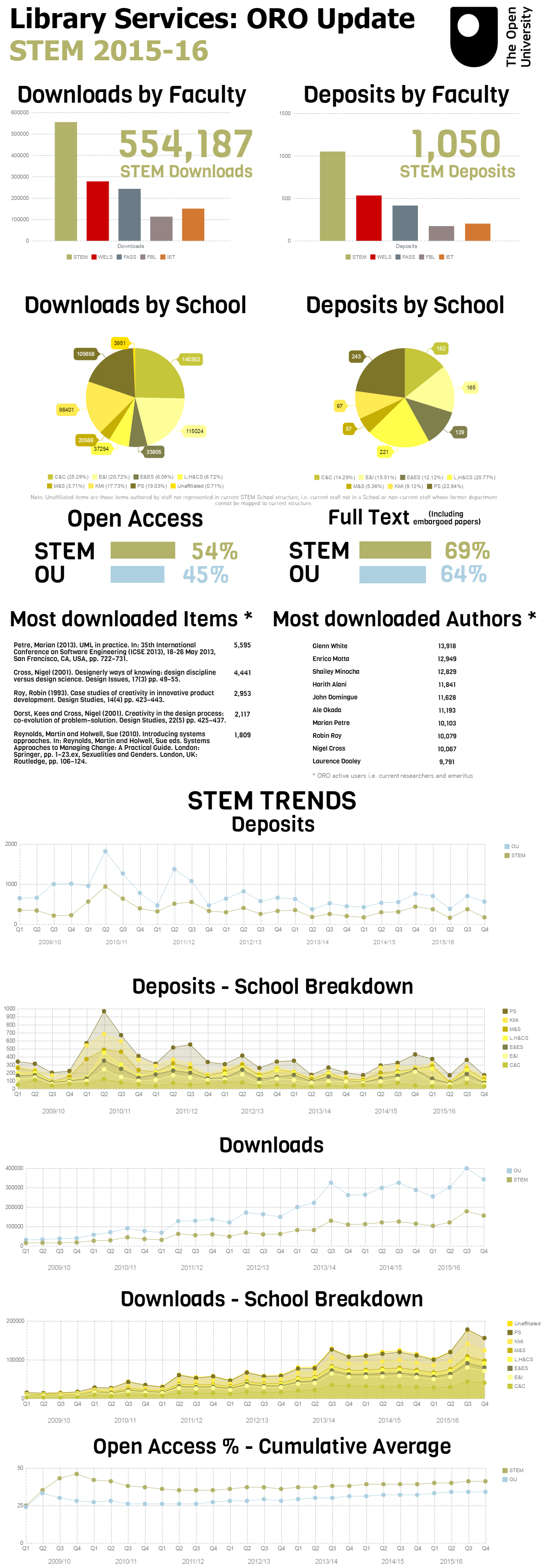I went to Open Research for Academics: A Workshop and Hackathon on Saturday. It was a really useful event that examined all aspects of openness in academia except open access publishing. Here are my main takeaways:
Journalists and style guides can provide tips on writing to make research more accessible
Simon Makin, a science journalist and former researcher, gave a great presentation crammed with practical advice on how researchers can write for a wider public. I won’t try and list all the pointers he gave here but I will link to his presentation if/when it becomes available online. He recommended “The Elements of Style” by Strunk and White as a good starting point for those interested.
Academic writing does not necessarily have to be accessible
In contrast, Gary Hall, Professor of Media and Performing Arts and Director of the Centre for Disruptive Media at Coventry University, argued that academic writing does not have to be easy to read. This was a new perspective to me. I certainly agree that works which challenge their readers can force them to think and draw conclusions for themselves. However, it has to be accepted that not everybody will take up this challenge and that this style of communicating research is perhaps more suited to philosophy, for example, rather than STEM subjects.
I found it useful to have longstanding tensions in academia presented in a current context: higher education was discussed as an environment in which the academic desire to explore and express ideas freely contrasts with pressures to engage the public and address accusations of elitism and privilege.
Openness takes different forms
Kat Jungnickel travels the country wearing her research in public. This is a very different approach to open research than the one I am used to, working as I do with the functional aspects of open access publishing. Kat’s Bikes and Bloomers project researches and recreates women’s convertible cyclewear from Victorian Britain and her rationale was striking: the clothing does not make sense if it is not worn by people and seen in action. She feels her research has to be performed to be fully appreciated and it was fascinating to hear her talk about putting the friction back into data in order to give a richer learning experience. This viewpoint contrasted and complemented that of the Frictionless Data project presented by Jo Barratt, which aims to make sharing and validating research data as easy as possible.
Openness is a means to an end, not an end in itself
People need the capacity to use information as well as the freedom to access it. During Jo’s talk, an audience member criticised open data on the basis that, typically, only large companies have the expertise and infrastructure to really benefit from it. There may be counterexamples but this reinforced that the open movement often focuses on removing technical barriers to data use yet many non-technical barriers exist. These can take the form of social barriers, cultural barriers, financial barriers, educational barriers and so on.
Mark Carrigan, talking about social media and open research, claimed that academic understandings of dissemination are flawed, describing how openness alone won’t solve problems in society. Giving people research literature can only be part of an answer.
We can rethink using social media
Mark pointed out that academic use of social media can be seen as largely instrumental and individualistic, focusing on people demonstrating their value and promoting themselves. However, success for him comes via emphasising its social aspects in a way that dovetails with traditional notions of academic communication. In practice, this involves using social media more in terms of purposeful collaboration and exchange of ideas than to prove personal popularity.
He pinpointed a key issue: that social media is technically easy to use but hard for researchers to conceptualize how they should use.
Citizen science does not necessarily save researchers time or energy
Sophia Collins talked about The Nappy Science Gang, a citizen science project investigating cloth nappies. She felt that citizen science projects took as much time and energy as other science projects because participants, who are often not used to doing research, need a lot of support. It was noteworthy that Sophia had really made the effort to have the project designed and run by citizens as opposed to just using citizens to collect or analyse data in a project designed by professional researchers.
My thanks go to the organisers, Caspar Addyman and Bianca Elena Ivanof. It was great to hear speakers from a variety of backgrounds and to be encouraged to challenge the structures within higher education: there’s not just one type of openness, not everything should be open, just making things open isn’t an end in itself.

